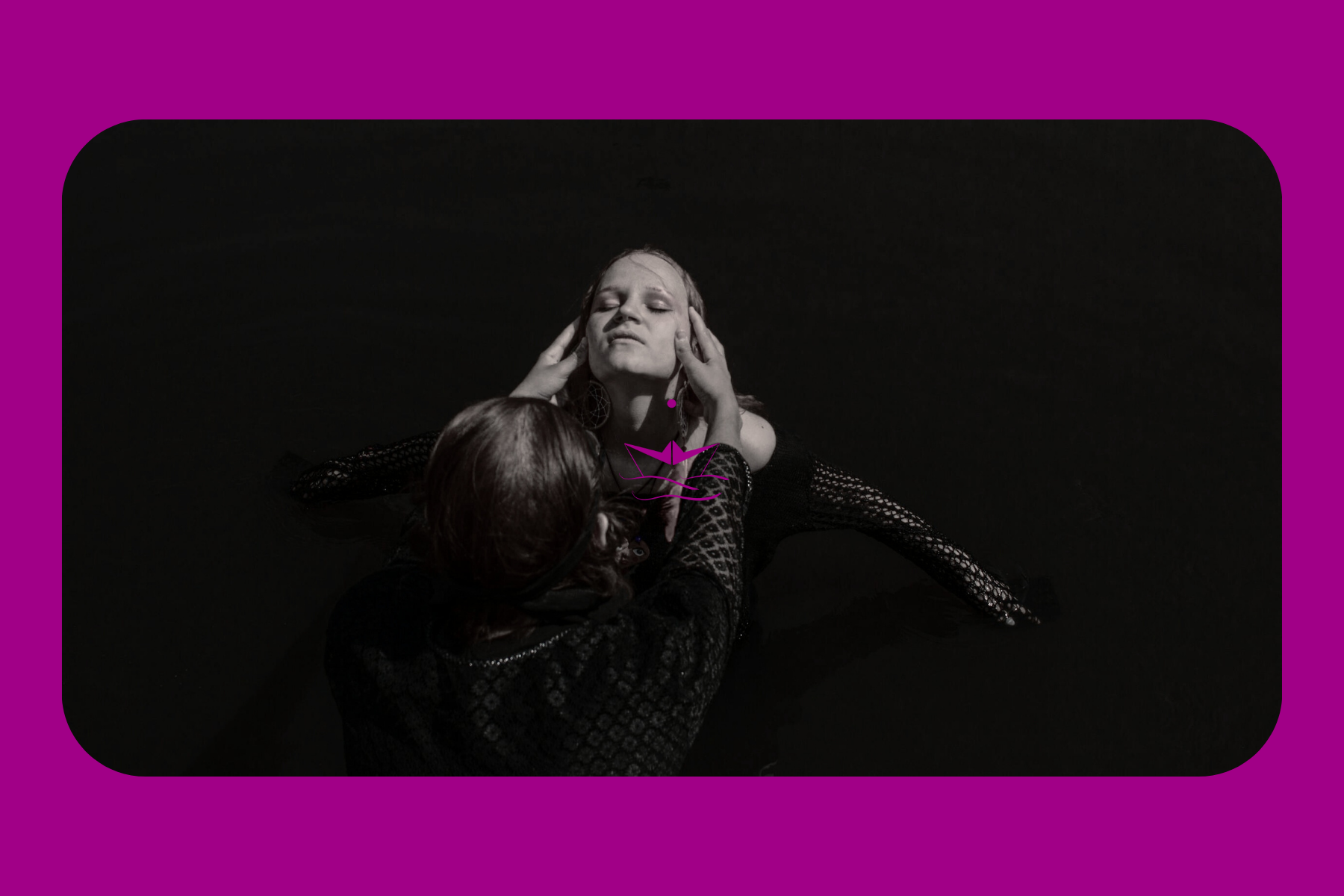What Does It Mean to Sense or Feeling?
Let’s take a look at our intuitive capacity—one that forms a large part of our lives yet is often either misunderstood, exaggerated, or confused with thoughts. We’ll explore this within the limits of language.
In previous posts, especially in “What Does It Mean to Know?” I mentioned that knowledge can’t be reduced to rational thought alone but includes the entirety of our human capacities: intuition, feelings, emotions, instincts, sensations, and perhaps even beyond… Among these, we usually find it easier to define, name, and express our thoughts, but interpreting and verbalizing our intuitions can be much more challenging. Interestingly, in Turkish, we often express intuitive states in daily conversations.
In our language, instead of saying “I sensed,” we often use the word “felt”—a term we use as an all-encompassing package for everything we perceive but can’t quite define cognitively. In English, “to feel” translates as “feeling,” while intuition translates to “intuition,” yet phrases like “I have a sense of…” are also commonly used to express this. I’m sure various languages have their own interpretations and nuances around these words. We tend to view these facets—the ones we can’t clearly define or separate—as part of a hazy “felt” experience, leaving them just outside the reach of the mind.
Let’s start with intuition.
Can Everyone Sense or Feel?
In fact, there have been attempts to explain intuition scientifically. We often take certain actions or refrain from others based on intuitive feelings like, “I sensed that person wasn’t good” or “I had a feeling about this.” Some people believe intuition is a special ability and think of mystics who can sense hidden truths or foresee future events. Perhaps some people do have a heightened capacity for intuition, though we don’t know for certain (and what does it mean to know?). What we do know is that humans are composed of similar fundamental traits, though some of us practice intuition more frequently.
Most people can’t distinguish their intuitions from their thoughts, some deny intuition’s existence and try to rationalize it, which blocks their access to it. Others may experience intuitions but either can’t name them, keep them to themselves, or dismiss them. Intuition is one of our survival mechanisms and a means of understanding life, yet many people, particularly those who favor a cognitive approach to life, find little room for intuition, emotions, or feelings in daily life. This may be a generalization, but there’s often an emphasis on cognitive knowledge in science, which I disagree with, as I believe intuition is continually active in the background, whether we acknowledge it or not.
How Can Rationality Explain Intuition?
We can rationally explain intuition this way: if we focus intently on a subject—through reading, experience, connections, ideas, selective perception, daily practices, and our unconscious attention drifting toward it—we gather immense data. Some of this data is accessible through rationality, while some is absorbed subconsciously. This subconscious data intake is particularly active in real-life interactions, as our unconscious mind processes much more during lived experiences than mere reading does.
Since the brain remains largely mysterious despite research, we’re incomplete in our explanation of intuition. But through a buildup of experience and accumulated conscious and subconscious data, we sometimes reach conclusions (although they’re not really conclusions) in a particular field without going through a full cognitive process. This phenomenon frequently occurs in body-centered practices, as we often listen to the body’s messages not cognitively, but intuitively.
This specific intuition arises from repeated immersion, even if unconsciously, in a particular area. For example, Buse might sense a person’s needs or state through dance, yet she can’t foresee a car breaking down without any relevant knowledge. (And always, of course, without imposing or conditioning.)
Must We Explain Our Intuitions?
I believe intuition is an evolutionarily active trait in humans, with some information perceived within or beyond the body before it even reaches the brain. The more cognitive patterns, conditioning, and separation we experience from our body and being, the harder it becomes to hear our intuitions. Many people I’ve met confuse their judgments with intuition, feeling “intuitive” but actually clinging to preconceived notions.
It’s said that meditation and practices like it open our intuition. There are generational accounts, now supported by scientific data, suggesting that allowing thoughts to come and go and sitting with oneself daily can facilitate intuition. However, limiting intuition solely to meditation is overly narrow—meditation is only one way. Likely, as our structures vary, so do the moments and contexts in which our intuitions emerge. Furthermore, a dependency on meditation can create an illusory sense of intuition, a topic I’ll explore later.
If we see life as a space for experience and assume we’re all on an evolutionary journey, intuition serves as our greatest guide. We can discern whether our intuitions are authentic not only through meditation but also through trial and error. To understand which inner voices (“do this, go here, don’t listen to that, play this music”) are based on thought or genuinely intuitive, we must integrate these insights into action to see their real-world manifestation. We grow through action, even with intuition. We begin to understand our intuitions by listening to them in action and sometimes patiently observing their outcomes.
Practices that engage your body—such as dance—alongside art, support your ability to distinguish intuitions. During dance or artistic activity, our cognitive veil gradually falls aside, deepening our awareness. As we go layer by layer, avoiding self-blocking, we encounter our intuition.
When we hear, recognize, and open to our intuitions in action…
We begin to truly live.


